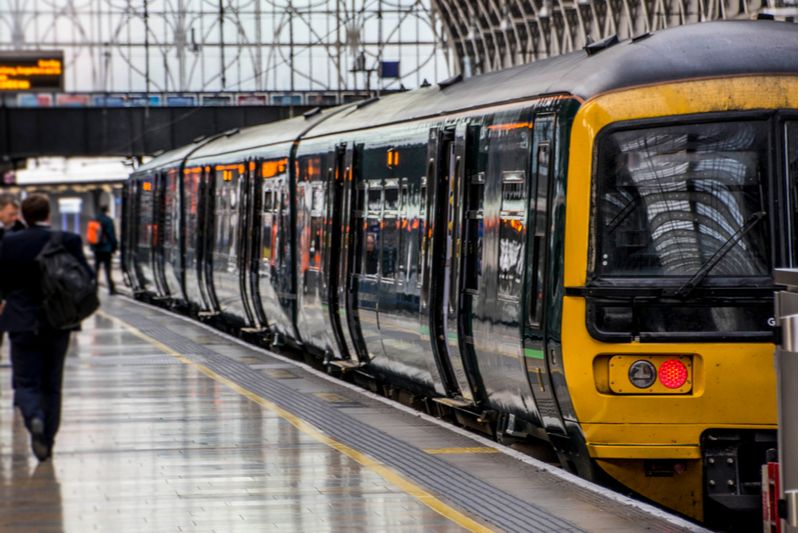19
April 2022
Millions of off-peak train journeys to be discounted in ‘Great British Rail Sale’
On Tuesday, the government announced the launch of the ‘Great Rail Sale’, with millions of train fares discounted for a limited time.
Passengers will be able to take advantage of the deals from April 19th. Eligible journeys will be selected off-peak, intercity tickets, which are valid for travel between April 25th and May 27th. Despite the fairly limiting criteria, discounts will be as high as 50%.
The move, which is the first of its kind in the UK, has been touted as a way to help families travel amidst the current squeeze on household finances. Costs are rising across the board, with the government under pressure to relieve pressure where possible.
Speaking on the move, Transport Secretary Grant Schapps said: “For the first time ever, operators across the rail industry are coming together to help passengers facing rising costs of living by offering up to 50% off more than a million tickets on journeys across Britain.
“There’s no better time to visit friends, and family or just explore our great country, so book your tickets today.”
This particular sale is only set to last five weeks. However, the government press release suggests that the ‘Williams-Schapps’ plan for rail will make such events more common.
While discounted rail fares can be seen as a positive, many dismissed the move, suggesting it offered little value. Leading the criticism was Labour Shadow Transport Secretary Louise Haigh, who said:
“This temporary respite will be small comfort to passengers who had thousands taken out of their pockets from soaring fares since 2010.”
Similarly unimpressed were the trade unions, with TUC general secretary Frances O’Grady, highlighting that this did little to help commuters, who naturally pay the highest rail costs.
“This headline grabbing gimmick won’t help commuters at all… Working people need affordable rail travel every day,” said O’Grady.
This isn’t the first effort to tempt passengers back onto trains. The government recently announced new types of railcards for hybrid working, reflecting the shifting dynamics of office life.
A lack of travel during the pandemic and stay at home orders resulted in a huge deficit for the industry, with the treasury providing £15bn in subsidies to rail operators since the pandemic started.
Greater uptake of rail travel is also in line with the government's net-zero aspirations, as further investment in public transport hopes to reduce the UK’s carbon footprint. Despite this, fares rose by 3.8% this year in line with RPI inflation.





